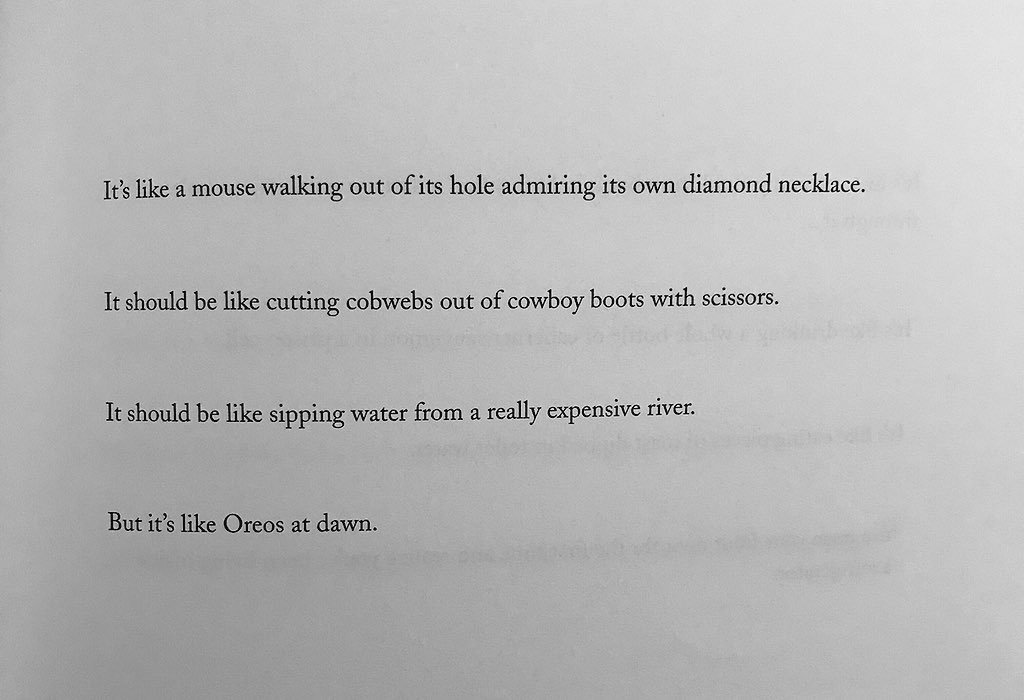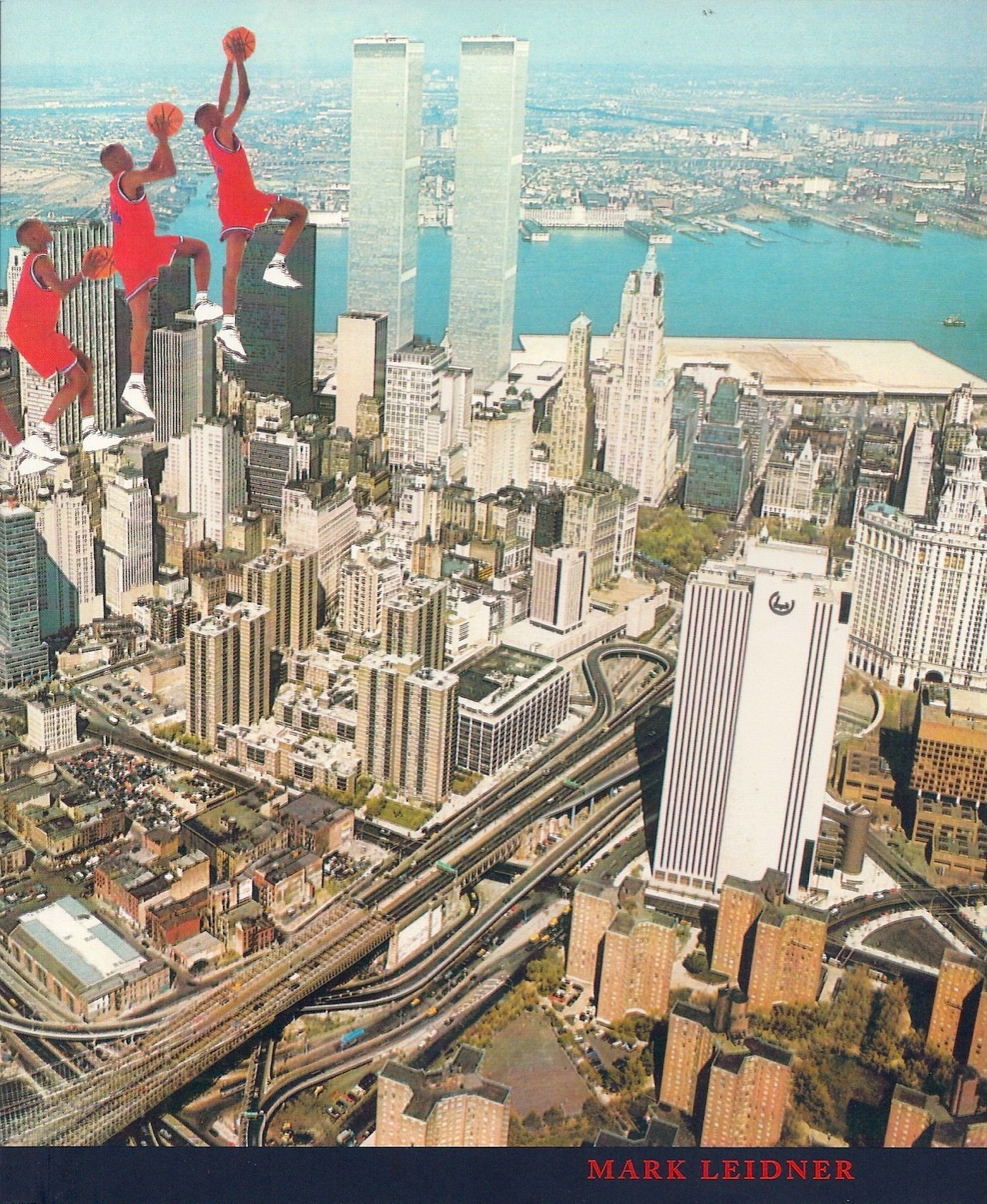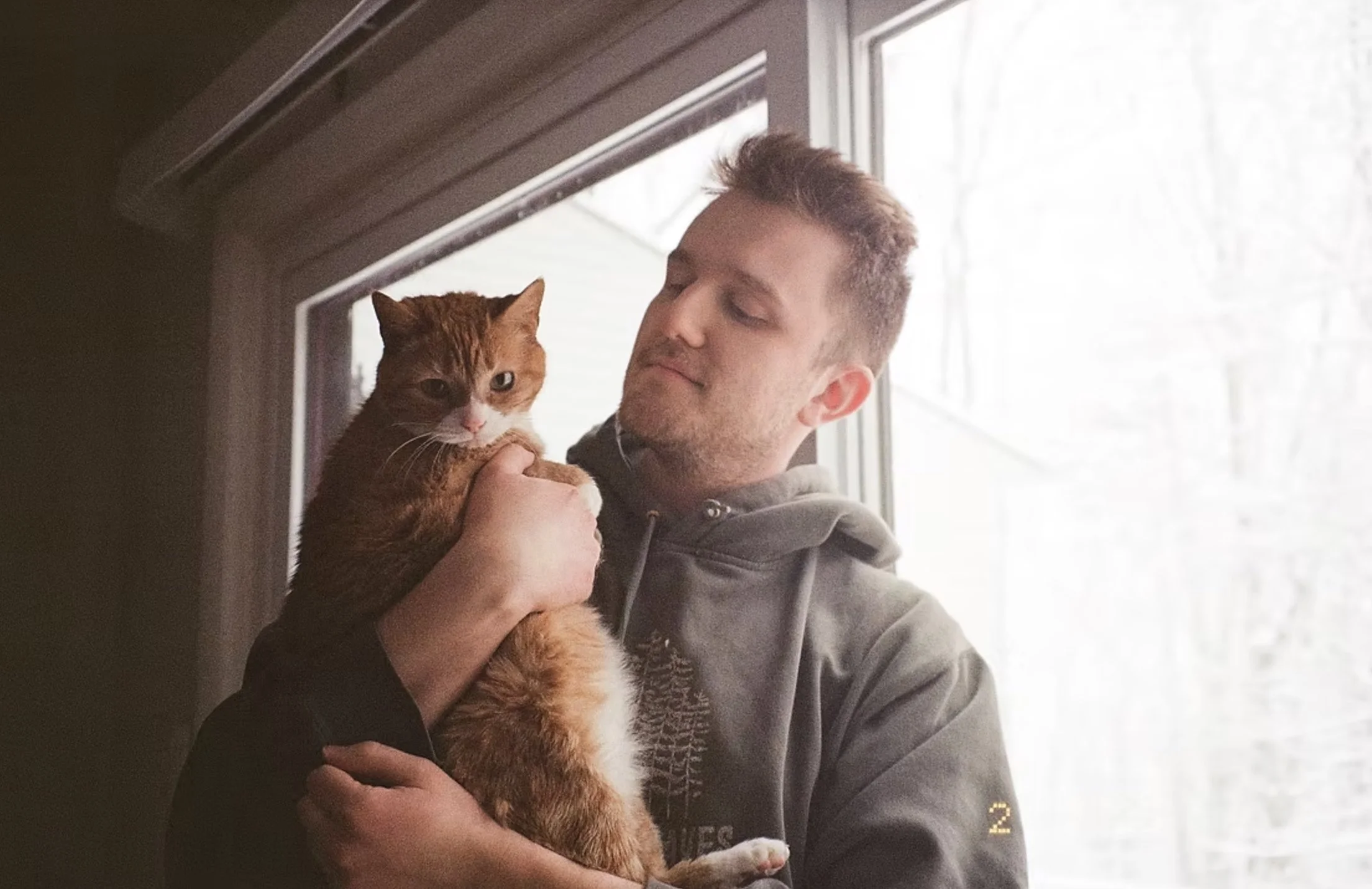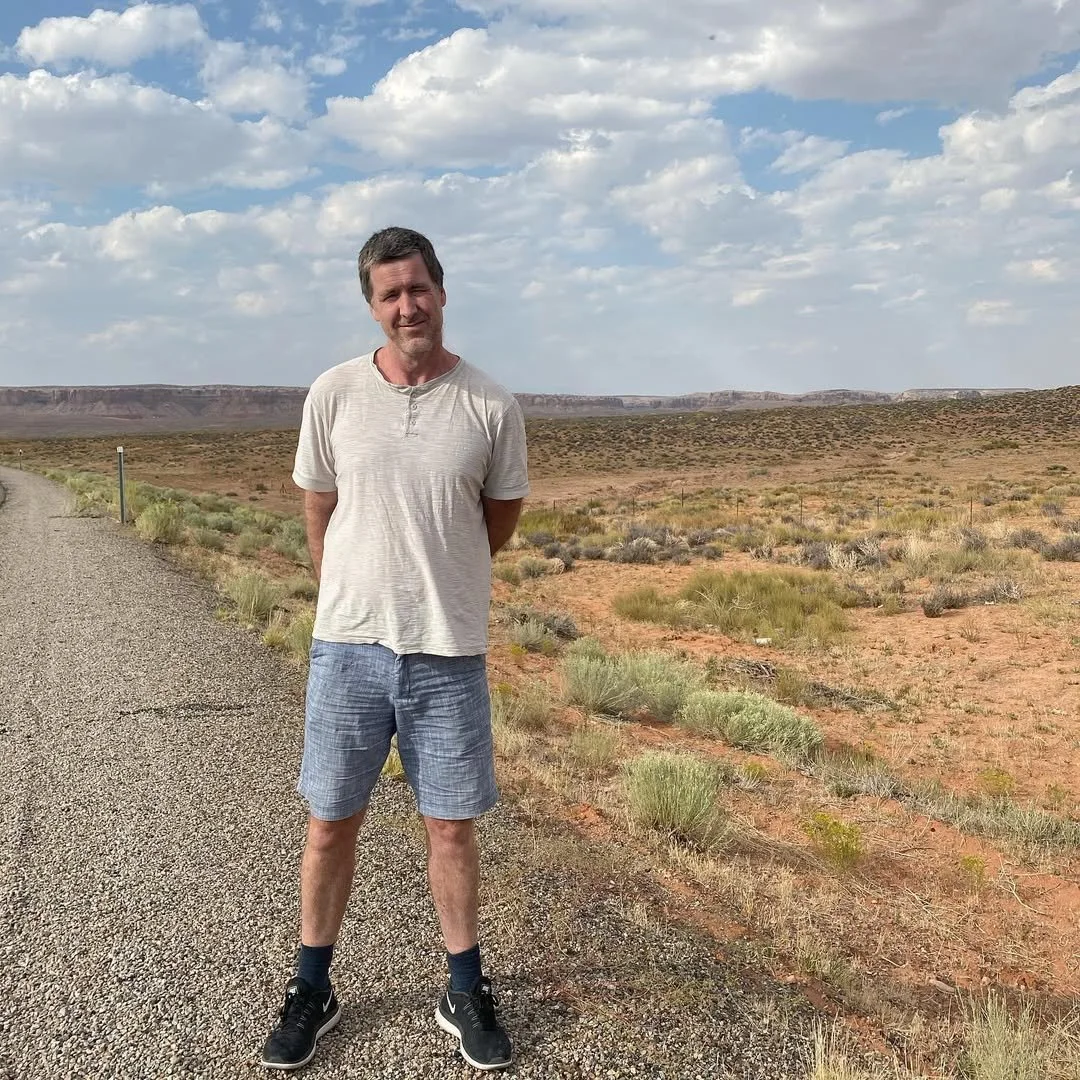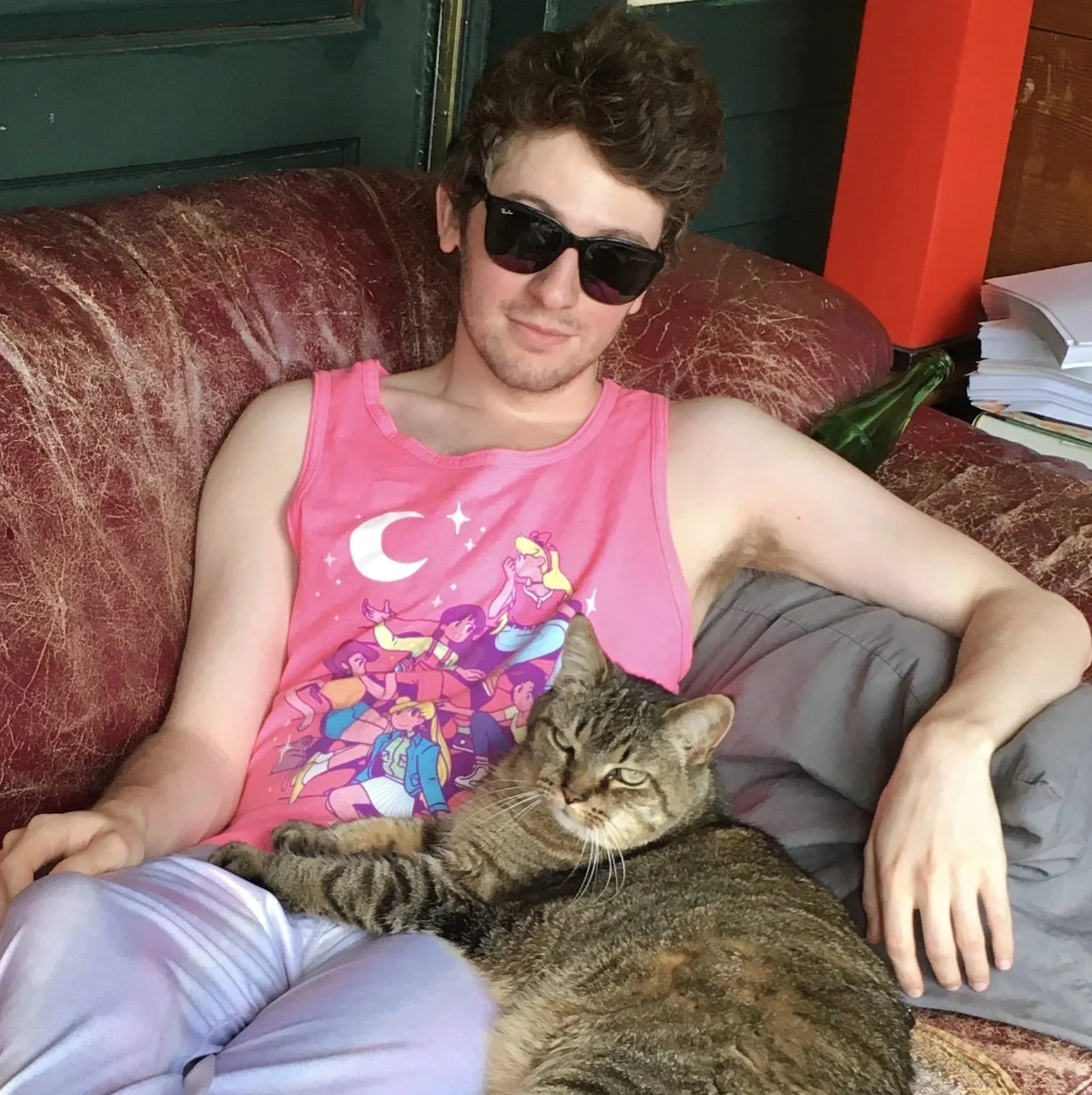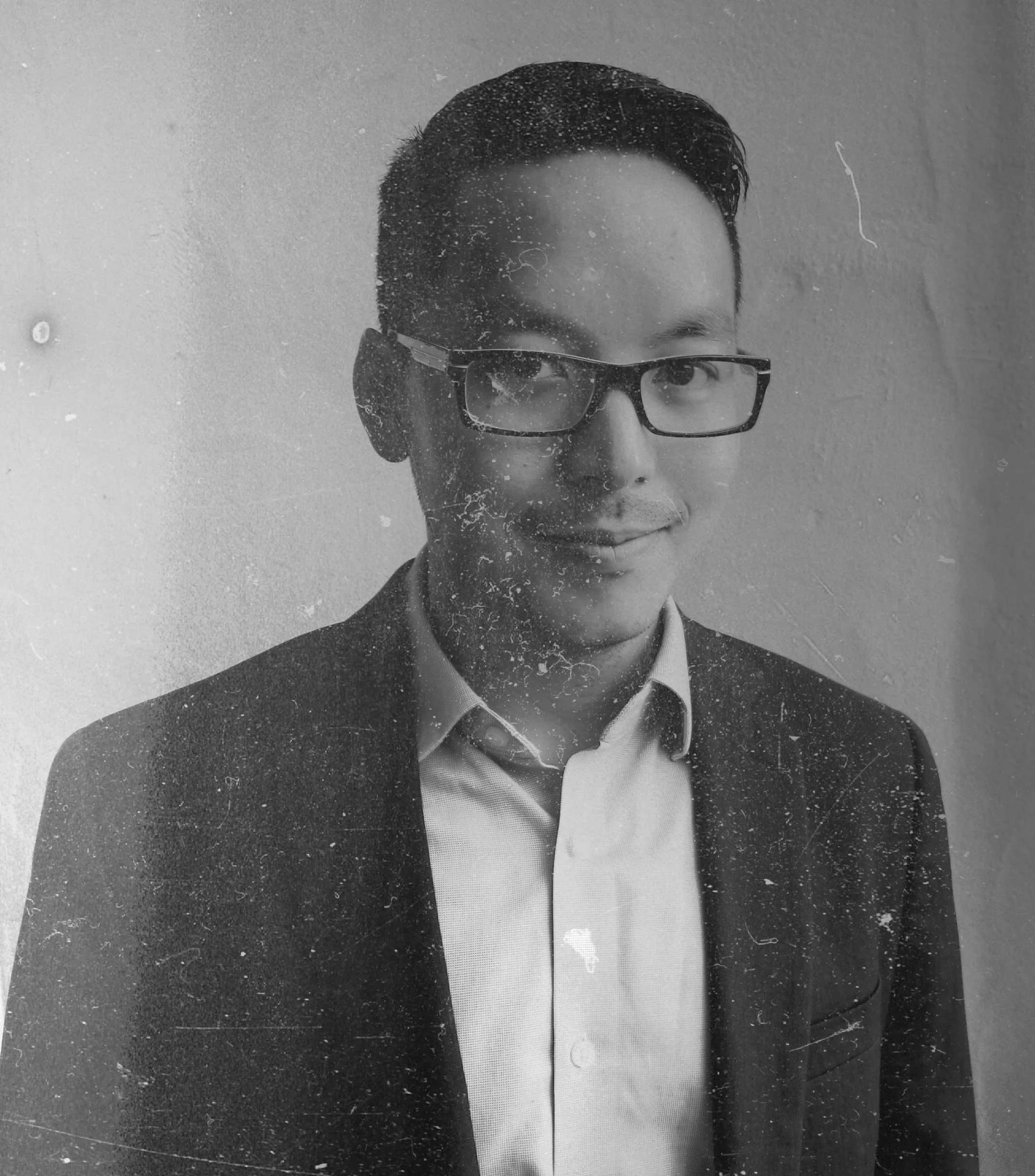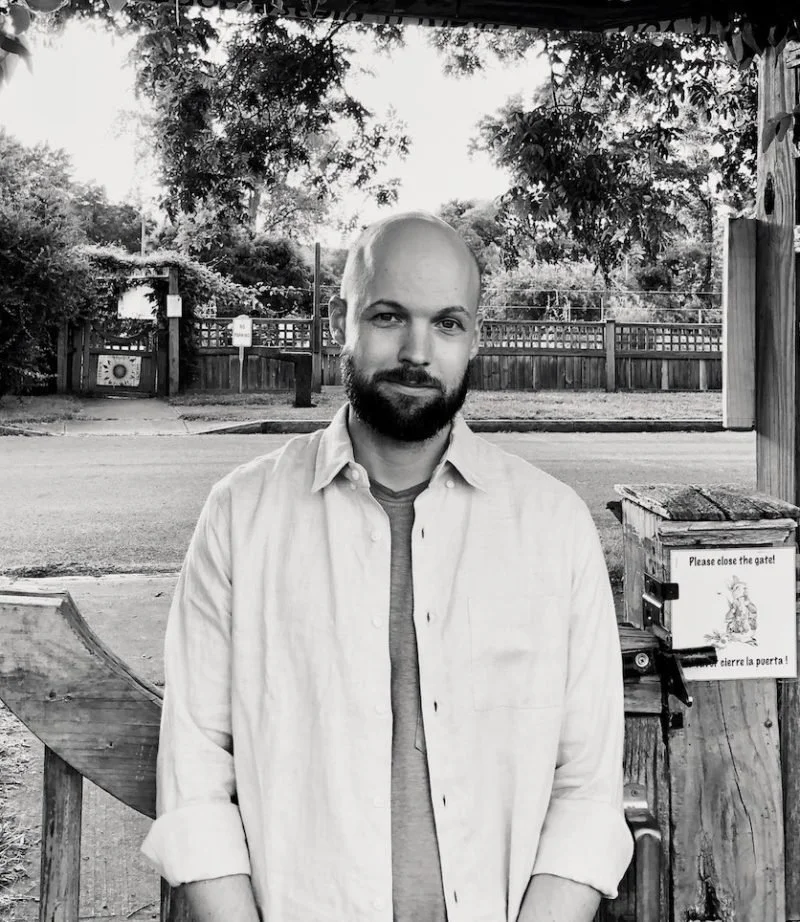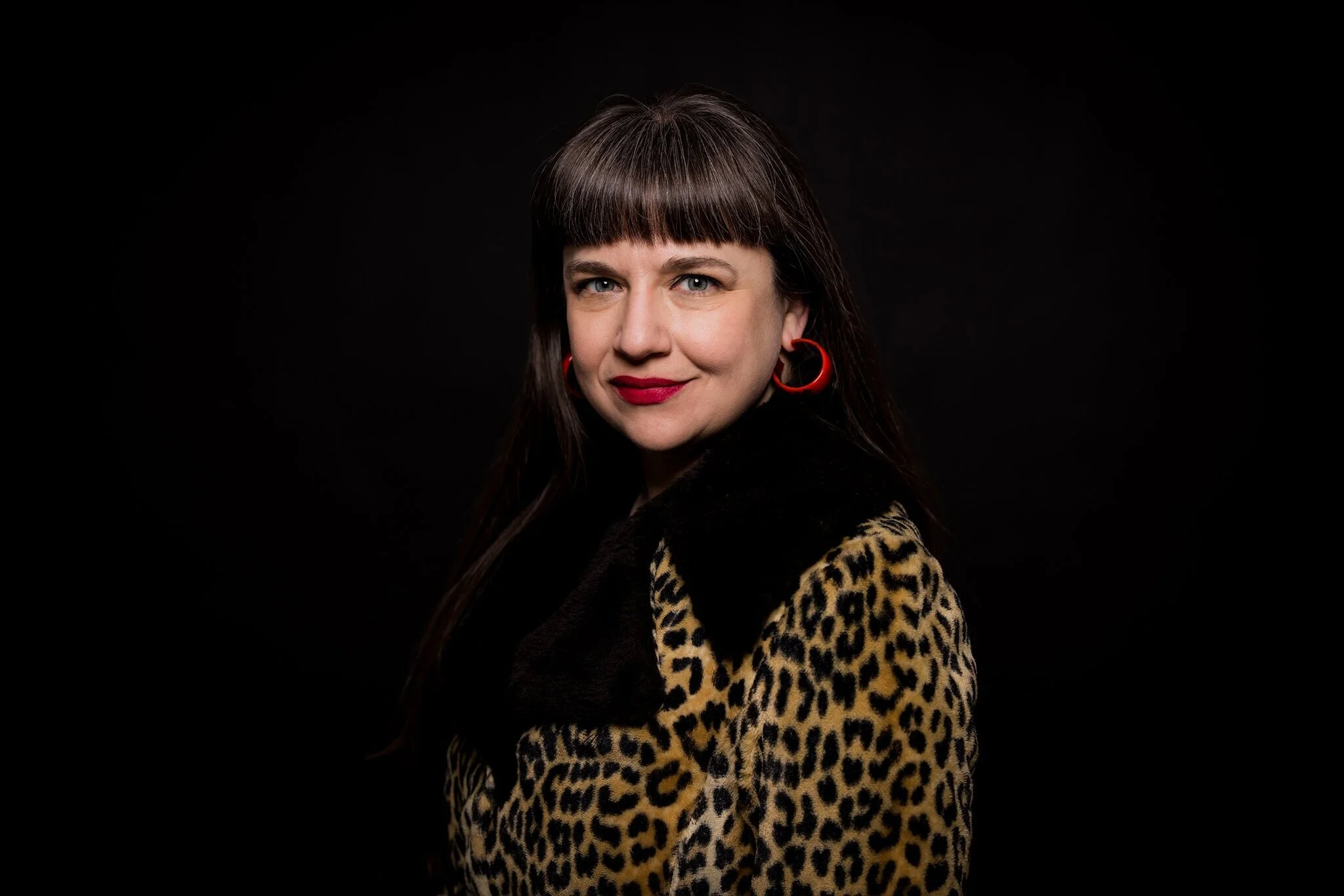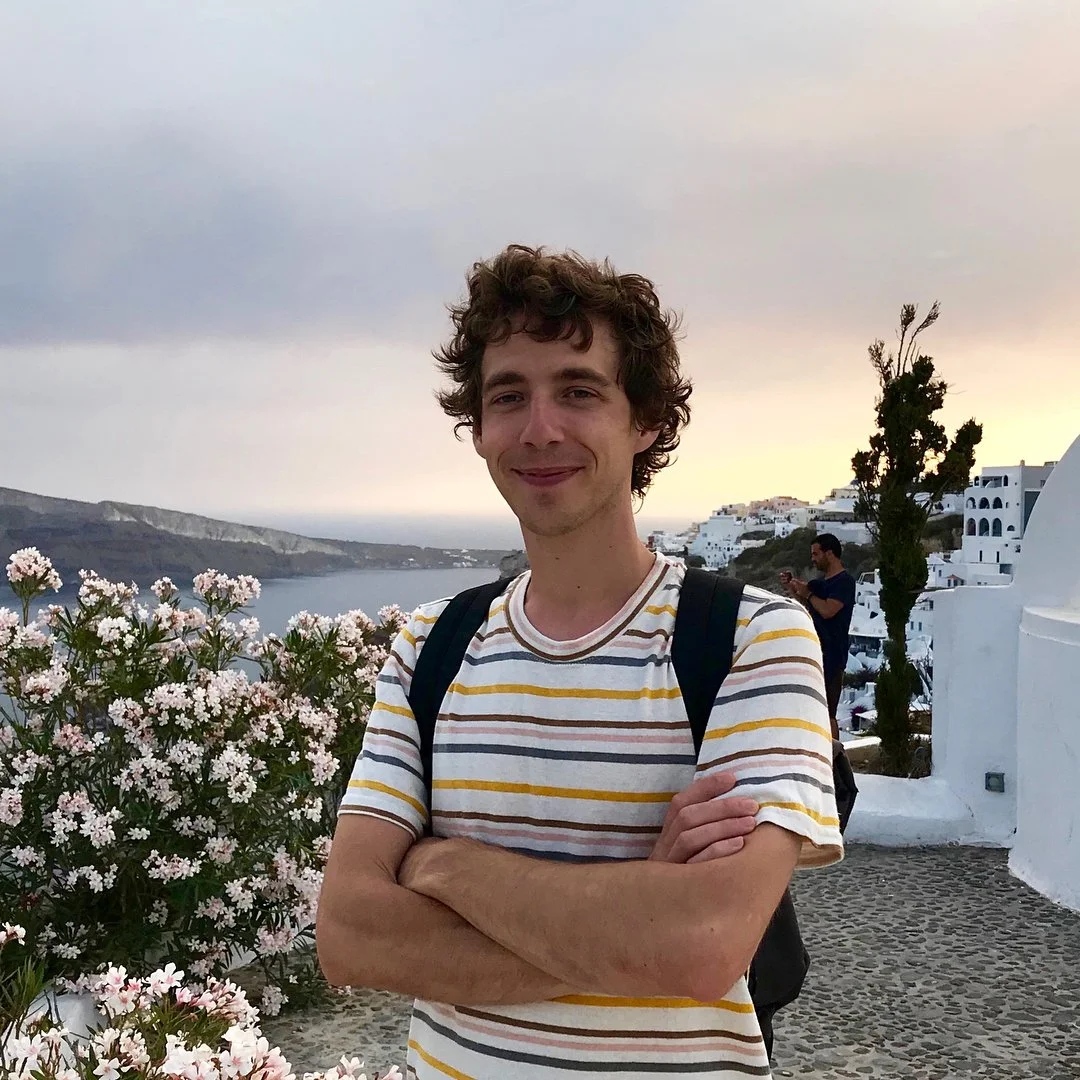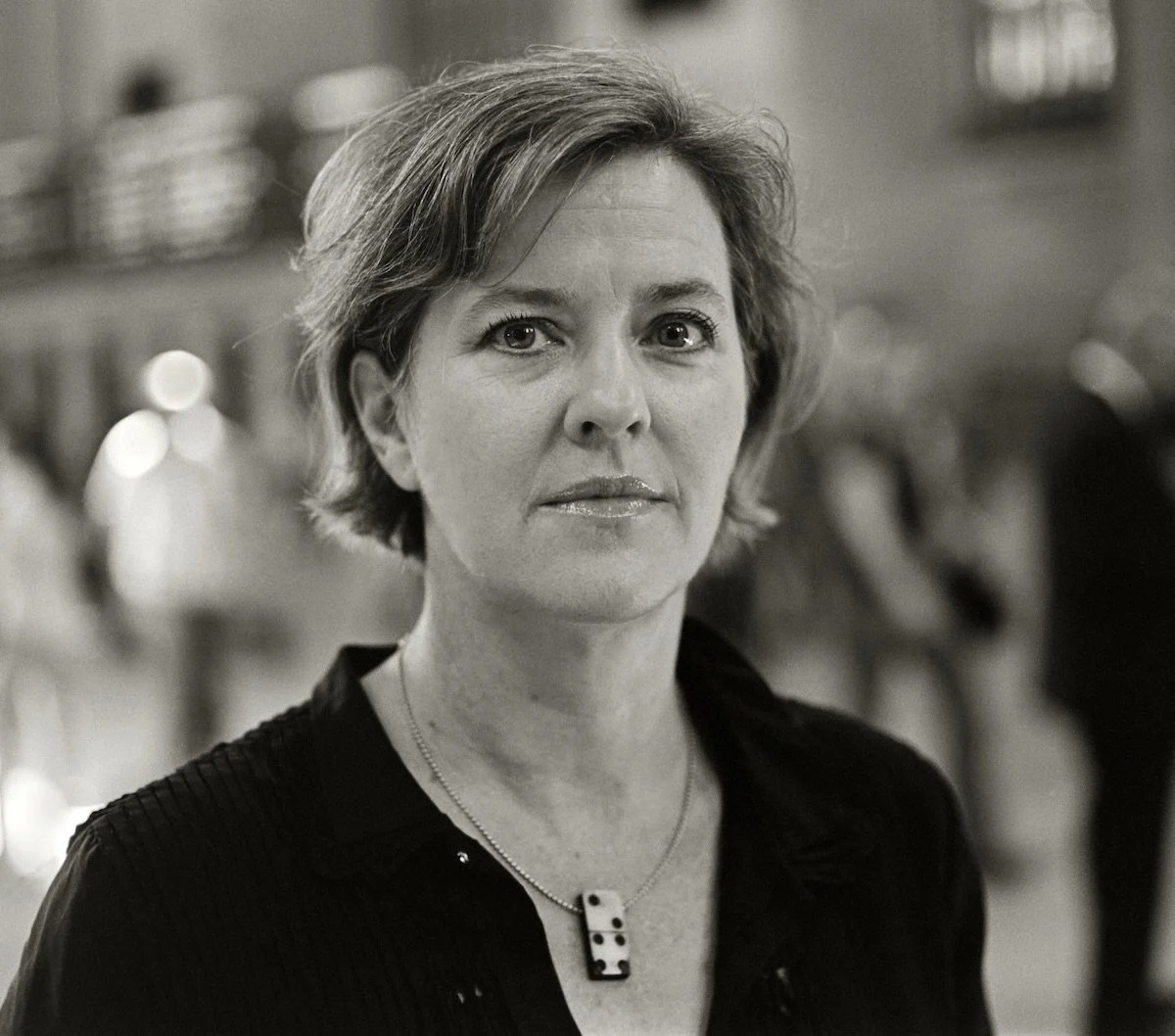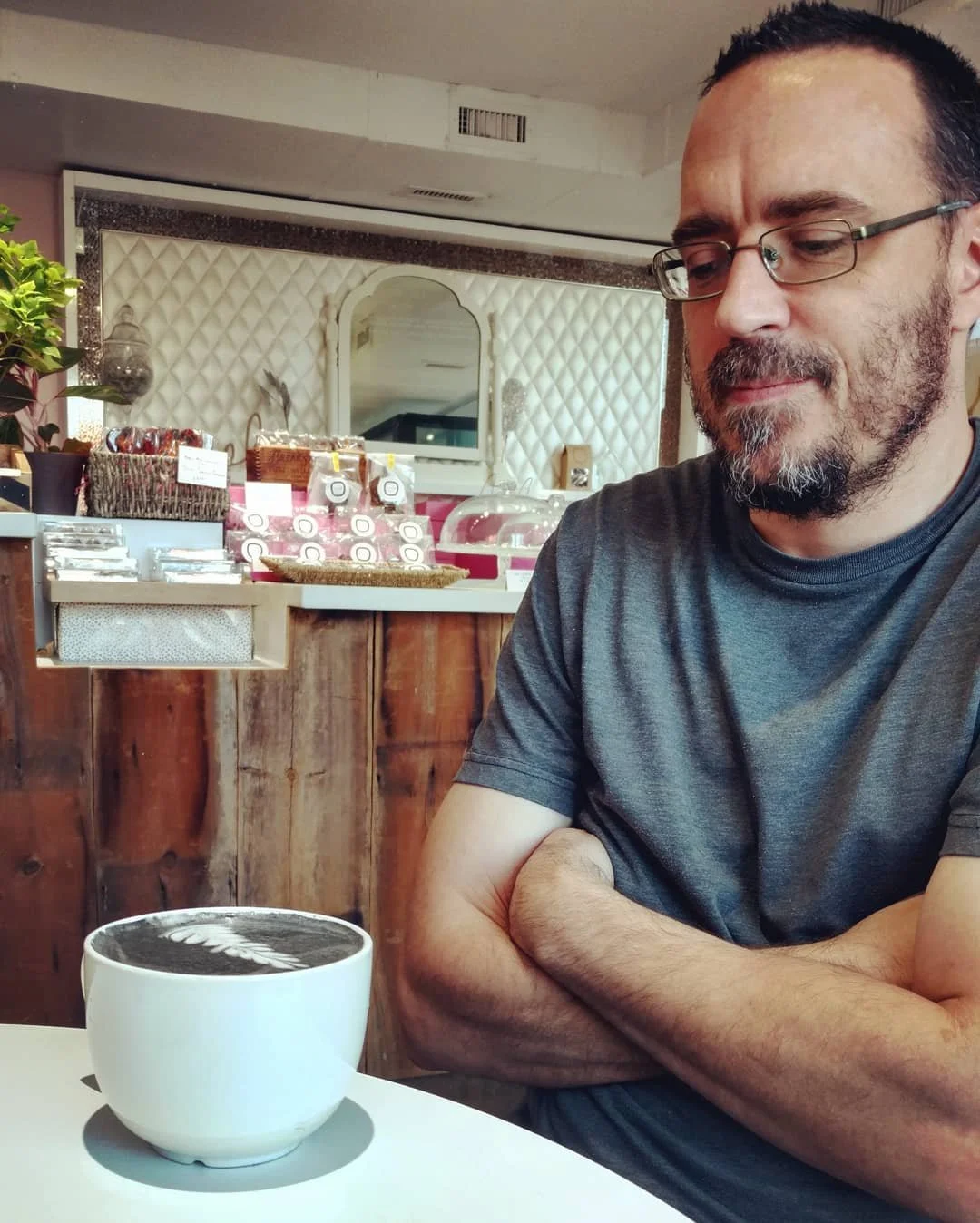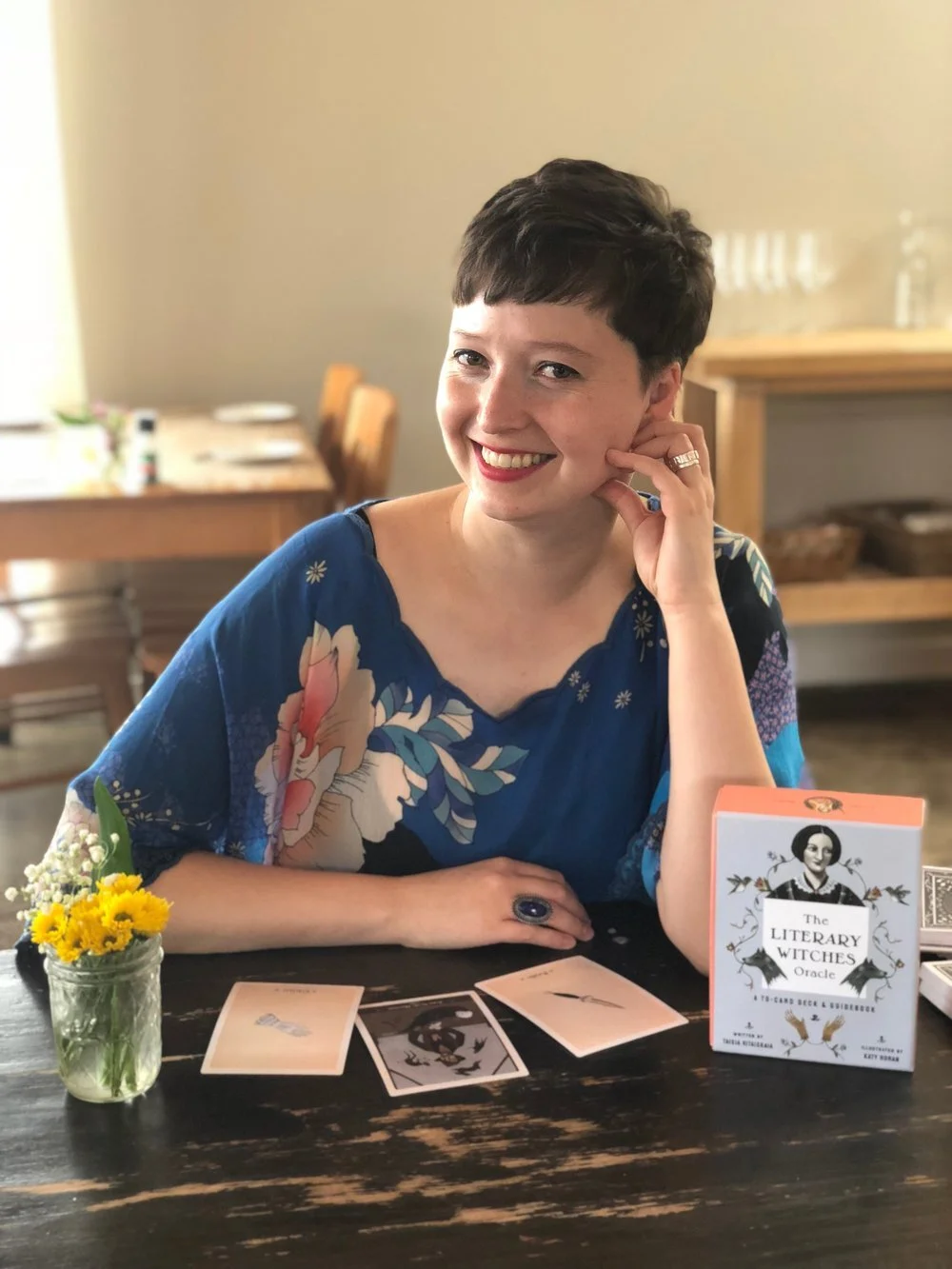In November of 2019, I messaged poet and short story author and screenwriter Mark Leidner about interviewing him for my blog. After forgetting to send questions, I then asked him again in December 2020. Then, in May of 2022, I finally sent my questions. Then, in March of 2023, Mark sent his replies. Two more months later and the interview is finally ready. I usually don’t mention this kind of timeline, but it’s an exceptional one. Leidner is an author who has been an important figure in my (writing) life, and this kind of loose yet organic back-and-forth, slowly over many years, feels all too fitting and natural here.
First introduced to me by Zachary Schomburg, Leidner is a poet who blends vivid descriptions with crisp humor every step of the way. Some of the best narrative poems you'll find. Some of the best action writing you’ll read. Sentences you’ll want to tape to your forehead. This is steadily displayed in his most recent poetry collection, 2021’s Returning the Sword to the Stone (Fonograf Editions), as well as his debut short story collection, 2018’s Under the Sea (Tyrant Books). Few writers are able to pull off being playful and funny and clever and sharp and tender all at once, but Leidner seems to do so with ease.
"Missing someone is like what the wind feels like to itself."
I now present to you: an interview with Mark Leidner, four years in the making.
As an ice breaker, what's the last film you watched that made you cry?
I definitely cried at the end of Scream VI for some reason. I basically cry at any movie that is halfway competent, especially if I see it on a big screen. I think I’m always looking for any excuse to cry, so almost any movie can make that happen.
A large chunk of your poems go for long stretches of time, playing with phrases or narrative or continued obsessions/repetitions. When working with an expanded form that could seemingly be an endlessly generative mode for you (I'm thinking of "Spoonerisms" and "Being With You" in particular), how do you know when the poem is done?
I usually call a poem “done” when someone accepts it for publication. If it never gets accepted (or I never submit it), I will keep adding, subtracting, changing, etc. forever, or until some other piece of writing moves to the front burner.
In regards to these lengthier pieces, do you find yourself expanding while editing or chiseling significantly?
Expanding, chiseling, deleting, rewording, reordering, and everything in between. I would describe my writing process as brute trial and error. Often I’ll be seeking an ordering principle, a theory, or a formal shape that gives the poem the feeling that it is more than the sum of its parts. But it can take months or years to find, or just as often is never found.
You mentioned in a podcast how whenever you try to write a 'New York Times type' poem, you struggle to be contained to a small nice space, often bleeding off the page and running rampantly unhinged. I'm grateful for that result. Do you find that it's difficult to pump the brakes once you get going?
It’s always easier for me to keep writing than to discover a good ending. As long as the poem is a work in progress, I can convince myself that by continuing to work on it, I might one day realize its magnificent potential.
When the poem is finished, I’m forced to confront the reality of its failure to meet that high standard. It’s hard to accept a poem for what it is instead of all the things I had hoped it might be. Maybe the difficulty of accepting this is why revision takes so long for me.
What are some recent reads that have blown your mind?
Zachary Carter’s The Price of Peace, a biography of John Maynard Keynes, blew my mind in terms of what a biography of an economist is capable of. The book is a history of the 20th century through the lens of a unique economist and political philosopher. The story is full of revelatory insights about the relationship between global finance and conflict in the past 100 years. It’s also a moving portrait of an artistically-minded person devoting their life to changing political and economic orthodoxies.
I also recently read The Three-Body Problem by Liu Cixin, which blew my mind in terms of what a first contact story is capable of.
Every couple years or so I also re-read The Berlin Trilogy by Philip Kerr. These stories continue to blow my mind in terms of the depth and complexity of their murder mysteries.
I know in your interview for Selected Prose you mentioned how you never want to work on a film set again, but do you see yourself continuing to write screenplays, or is the cinematic world over for you?
Tragically, I am continuing to write screenplays. I wish I liked the parts of filmmaking other than writing more. Something that could change in time, perhaps.
If you were asked to adapt a novel/graphic novel into a screenplay for 2023, what literature would you choose and why?
Maybe the epic of Gilgamesh since it’s relatively short while still being epic / cinematic. I also love the film genre of prehistoric/ancient adventure.
I would love to adapt something more modern, but I don’t read enough adaptable novels / graphic novels to know what to pick.
Most of my favorite books are too long or complex to be movies, or the thing that makes them good doesn’t easily translate into cinema.
Your two poetry collections were spaced out ten years apart, with a short story collection and a book of aphorisms in the between time. Were there many poems that didn't make the cut for collection two? Are there others already in the folder for collection three?
Many bad or unfinished poems didn’t make the cut. All of them are potential candidates for a third poetry collection. Sometimes a poem is even good but doesn’t fit in the collection I’m putting together because another poem does something too similar, so I will cut one. Some of those types of poems will end up in the folder for the next book.
What are you currently working on?
A third poetry collection is more or less complete, and yet, on some days, seems very far from the finish line.
I’ve also been working on a TV show based on the movie I wrote, Empathy, Inc., a handful of horror and sci-fi scripts with various producers and directors, and a murder mystery novel.
You frequently post Lord of the Rings memes on Instagram, which I love. Is this a movie/book/franchise you see yourself constantly returning to? Have you ever found yourself writing LotR fan fiction?
I’ve written my fair share of failed fantasy, though never any set in Middle Earth. I long to write a murder mystery set in a world like Middle Earth with, maybe, a cantankerous lowborn detective investigating a seemingly unimportant murder that ends up revealing some kind of high-court alchemical, magical, or financial malfeasance. But I keep hitting the rather tall wall of epic fantasy world-building being beyond my capabilities. But the dream persists.
I watch LotR around Christmas every few years. Like most great epics, it’s got a lot to say, and I find that it says new things to me every time I return to it.
If you can, provide a photo or describe your workspace. What are some essentials while you create?
Our kids share a room so that I can have the spare bedroom for my office. There’s a desk and computer and a window crowded with houseplants. I sit or stand at the desk, drink coffee, and have music playing, usually something like the Skyrim or Disco Elysium soundtrack. Sometimes when I’m in the earliest stages of outlining a story I will go outside and do that by hand in a notebook. Every once in a while I hear about a writer who only writes everything by hand, and I envy them.
For this ongoing author interview series, I'm asking for everyone to present a writing prompt. It can be as abstract or as concrete as you choose.
Go through all your old drafts, the truly ancient ones you’ve not thought about in years, and find one that is actually a great poem whose value you didn’t have the perspective to be able to appreciate at the time that you wrote it. It’s in there somewhere, already written. Just dig until you find it.
In closing, do you have any advice for early writers? Or rather, what's something you would have liked to have known when you first started taking your writing seriously?
If you’re used to writing in one genre, but there’s another genre you know you’d enjoy writing in more, but you’re worried that you won’t be good at it because you’ve never tried it, now, not later, is the time to start learning that genre.
Any final thoughts / words of wisdom / shout-outs? Thank you!
My only shout-out is to you, Ben. Thanks for the interesting questions and the generous invitation to talk about writing with you.




